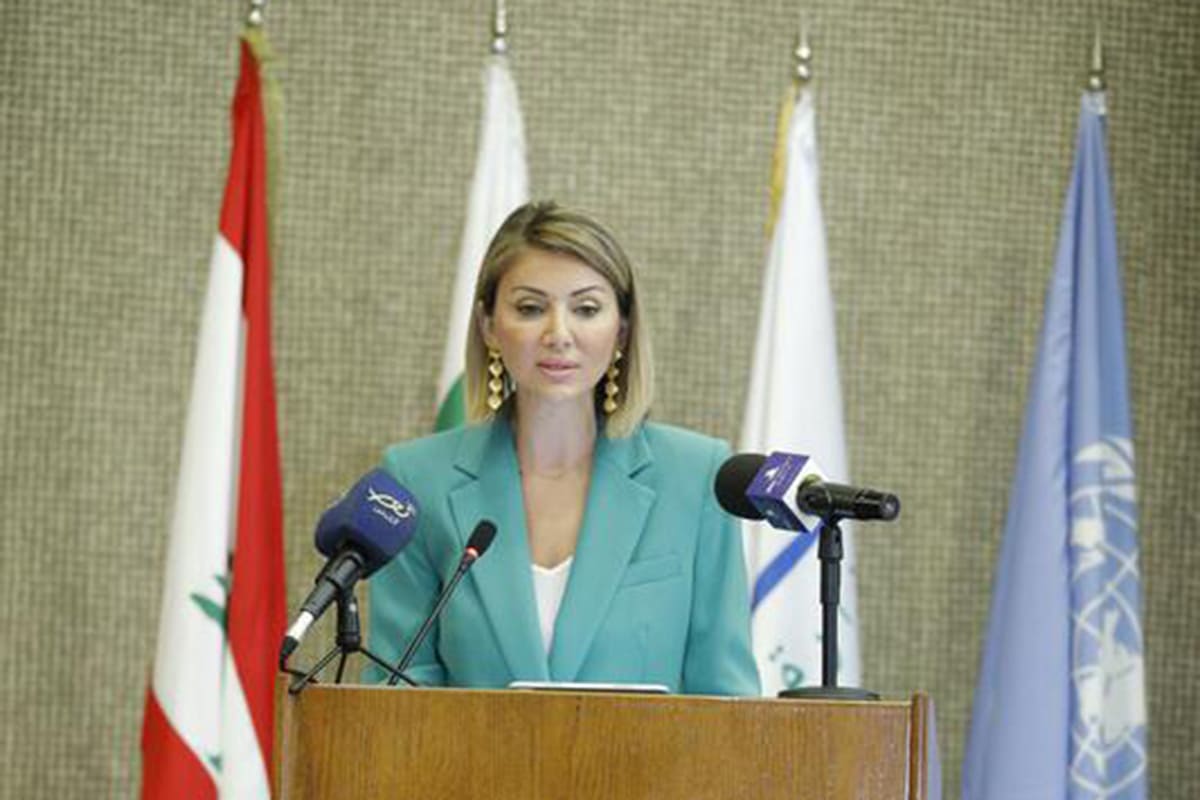The Bearer of Our Cultural Identity: The Arabic Language
LAU cohosts an eye-opening conference on the instrumental roles of the Arabic language throughout history.
Language is the essence of human connections, communication and self-expression. Our mother tongue, Arabic, is one of the most influential languages with a rich history in shaping civilizations and uniting people.
In an era where the world is becoming a global village, it is easy to lose a sense of one’s identity and neglect what defines our culture. For this reason, it is paramount that we find ways to protect the Arabic language, and along with that, generational continuity.
To highlight the importance of preserving our heritage through our language, LAU partnered with the International Center for Human Sciences (CISH)-UNESCO, Byblos, and the Hanns Seidel Foundation, in a regional conference on The Arabic Language: The Cornerstone of Dialogue Between Civilizations. Through several insightful sessions, professors, researchers and authors from Lebanon and the MENA region tackled a variety of significant topics about the role of the Arabic Language.
Among them were the first Arab breakthrough with the seminal work Kalila wa Dumna, the Arabic language as a shelter for existence and bearer of the values of our civilization, and its effective role in consolidating the Arab identity. The conference aimed to remind the audience of the deep history of their language and its impact on civilizations.
It is through translations in Arabic that the most eminent philosophies and sciences of our age reached many Western civilizations. The role of Arabic literary heritage has traversed continents and left an impact on many who learned from it.
Arabic also played a significant role in bringing civilizations, such as the Persian and Indian, together, strengthening multiculturalism. In the modern era, Lebanese poets and authors in their countries of expatriation provide compelling examples of how the Arabic language contributed to the dialogue of civilizations.
Citing pioneers of Arabic literature, among whom Ibn al-Bustani, Mikhail Naimy and Al-Akhtal al-Saghir, as well as illustrious Arabic authors such as Amin Maalouf and Khalil Gibran, CISH Director Darina Abi Chedid highlighted the uniqueness and beauty of the Arabic language as one that is rich in its vocabulary, letters, and linguistic techniques, warning against the challenges of globalization and the hegemony of foreign languages.
Of the many threats to the survival of our mother tongue is digitalization, said LAU President Michel E. Mawad. “The biggest challenge facing us now is how to activate the role of the Arabic language in the dialogue of civilizations in an era characterized by lightning speed, decisive changes, and the spread of digitization across the board, which changes givens, and creates new work rules that must be adopted.”
As long as the sovereignty of the language stems from the sovereignty of the nation in which it is spoken, said the Minister of Culture Muhammad Wissam Al-Murtada, then promoting Arabic is tantamount to the existential issue of attaining true sovereignty and protecting our own material and spiritual capabilities.
“To promote our mother tongue,” he continued, “we must first overcome our differences and prejudices across the Arab-speaking region and transcend a history marked by adversity and enmity.”
Ultimately, restoring our cultural roots through our language – the stamp of our identity – can be done through forums for communication and cultural convergence between the Arabic language and others and by incorporating rich and enhanced Arabic courses in schools and universities to create a sense of cultural identity for students.
It is our duty to continue supporting the Arabic language as the carrier of our civilization’s ideals and identity.



